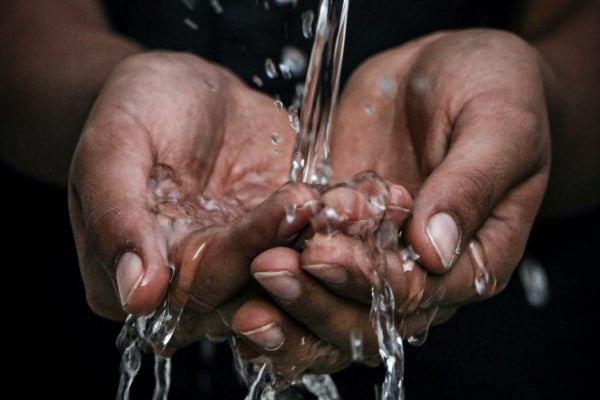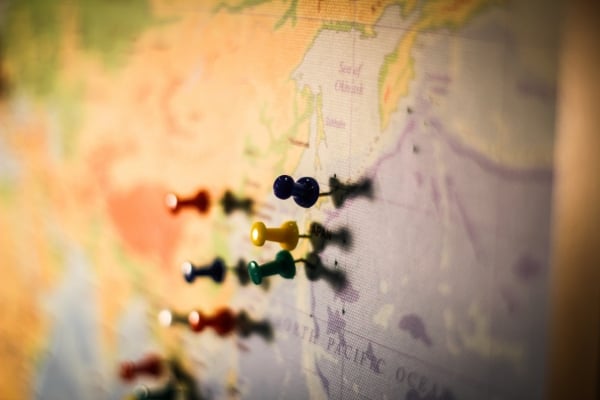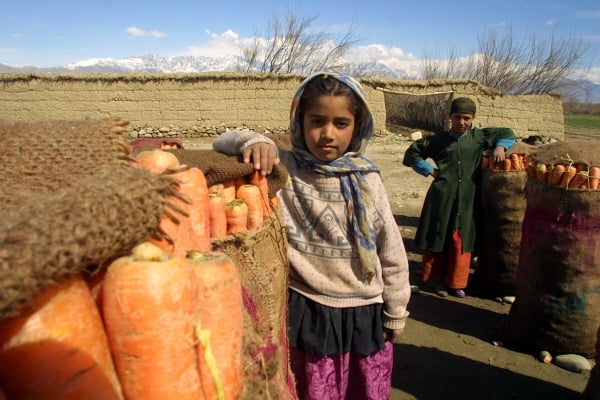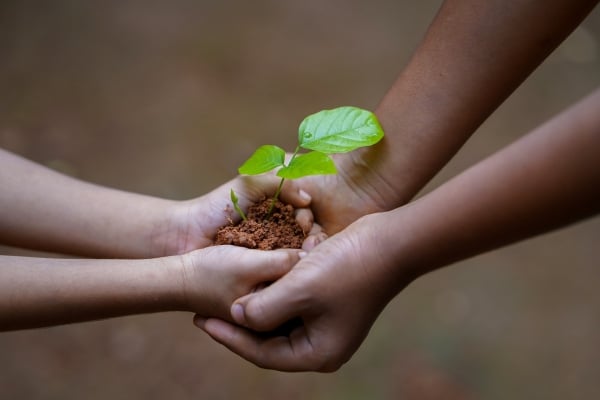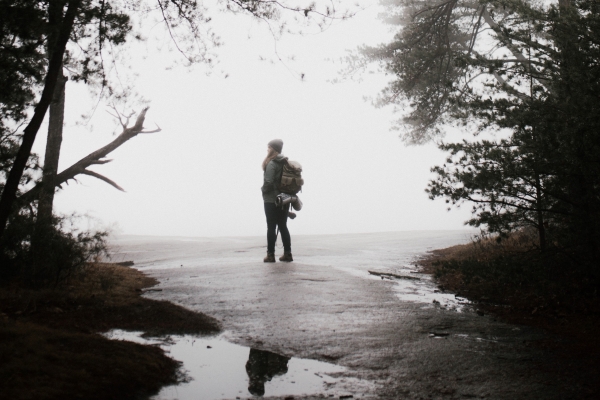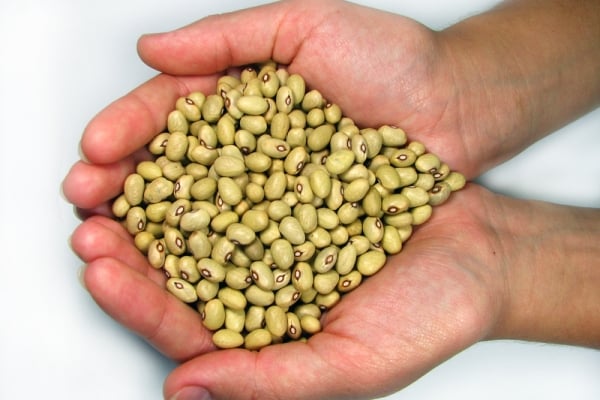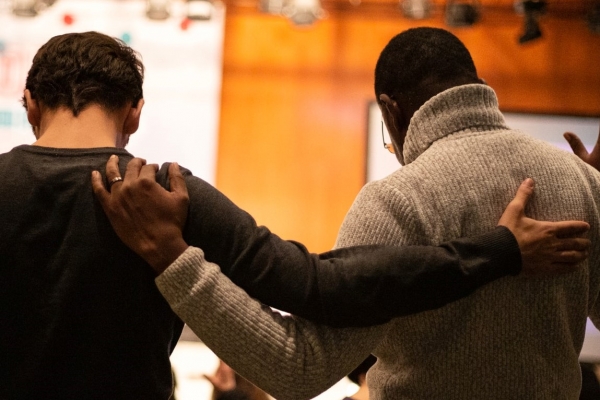
Sharing the Treasure: Like Agabus
We don’t hear a lot about Agabus. His name is mentioned just three times in the book of Acts, and few Sunday school lessons draw applications from his appearances in Scripture. But, to a group of Christians in Judea, the ministry of this prophet from Jerusalem played a crucial role in carrying them through a time of great hardship.
While visiting Antioch, the place where followers of Jesus were first called “Christians,” Agabus was used by God to connect the believers in this place with the impending need of a fellowship 300 miles away. In Acts 11, we read how the Holy Spirit enabled him to foretell a famine that would spread throughout the entire Roman world, making the Antiochian church aware that their brothers and sisters in Judea would face a pressing need.
Prompted by Agabus’ words, members of this fellowship contributed to help meet this need, each as they were able, and sent their combined gifts to the elders in Judea through Barnabas and Saul. They were able to be a blessing to a group of believers they’d never met because a faithful prophet communicated the coming scarcity.
Like the believers in Antioch, we too are called to be a blessing not only to those in our local communities, but also to believers and least-reached people around the world. And, thanks to technology and our increasingly connected word, we can play a vital role in what God is doing in communities hundreds and even thousands of miles away like never before.
Especially in locations where few people know Christ, God uses the generosity of His people from around the world to accomplish His purposes. In least-reached communities—places with little or no access to churches that proclaim the gospel in their language and in a culturally relevant way—the gifts of believers from across the globe often serve as catalysts that enable the good news to be proclaimed.
We created our new Blessing Catalog to make followers of Christ aware of specific needs around the word and provide a simple means for them to be involved. This resource highlights over 40 ways to participate in 12 projects that meet physical needs and share the transformative hope of Christ in least-reached communities.
It’s our prayer that the Blessing Catalog will give individuals, families and small groups a better understanding of some of the ways God is at work in the world and how their involvement can make a measurable difference in a least-reached community. We’re asking God to use it, like He used Agabus, to connect the Body of Christ with ways they can be a blessing from afar.
I encourage you to explore the opportunities found in the Blessing Catalog and consider how you, like the church at Antioch, might be involved. And I invite you to share these needs with others so they too can participate in God’s plan to bring blessing to least-reached communities.

Dr. Steve Coffey, Director of Christar U.S., began work with Christar in 1989. He and his wife, Beth, initially served among North African immigrants in France. In 2001, they returned to the U.S. for Steve to lead the Christar Church Planting Division. In 2005 he became Director of Christar. Before serving with Christar, the Coffeys worked for a year in a humanitarian project in the Red Sea hills of Sudan among the Beja people. Dr. Coffey’s education includes an undergraduate degree in history education from Liberty University, a Master of Divinity from Liberty Baptist Theological Seminary and a Doctor of Strategic Leadership from Regent University. The Coffeys have three children and four grandchildren.




